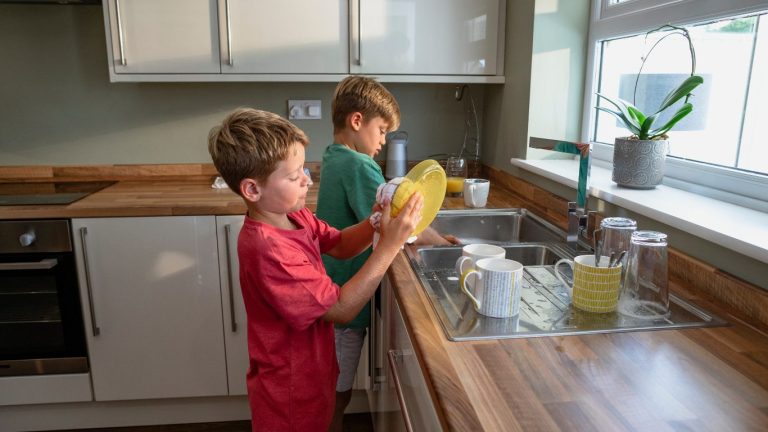If you’ve had a baby, you likely attended a 6-week postnatal check with your obstetrician, midwife, or GP. But you may not have had a postnatal check with a women’s health physiotherapist. Find out more about the postnatal women’s health checks every Mum needs to know.
Did you know that women’s health physiotherapists are experts at assessing your pelvic floor and abdominals?
Did you also know that pregnancy puts so much pressure on the belly that sometimes the muscles can seperate (known as diastasis recti)?
When your abdominal muscles seperate like this, the uterus, bowels, and other organs have only a thin band of tissue in front to hold them in place. This lack of muscle support can cause lower back pain, constipation, and urine leakage.
But, it’s never too late to visit your local physio and get your postnatal pelvic floor check done. If you’ve had a baby, your body and pelvic floor will always be ‘postnatal’.
3 Women’s Health Checks Every Mum Needs to Know
1. Check for Pelvic Organ Prolapse
In your pelvic floor check, your women’s health physiotherapist will check for pelvic organ prolapse.
Most Mums think this only happens after menopause, but the truth is, pelvic organ prolapse occurs at your very first birth; you just might not know it.
30-50% of first-time mums will develop a prolapse, which is when one or more of your pelvic organs sag down lower in your pelvis. Symptoms of prolapse include bladder or bowel control problems, heaviness or dragging sensations, lower back or lower abdominal pain, incomplete emptying or a visible bulge down there.
Your women’s health physiotherapist can check if you have a prolapse, which prolapse you have, the severity of the prolapse, and can even fit you for a support device called a pessary to help lift your organs back up, so that it doesn’t worsen over time.
Mums who have given birth vaginally and those who’ve had a c-section can develop prolapse.
2. Check for Diastasis Rectus Abdominis
All pregnant women will develop an abdominal separation, however in 40% of Mums this diastasis persists.
This can lead to problems such as back pain, pooching belly, and even bladder and bowel leakage.
It doesn’t matter how long it’s been since having a baby, you could still have the abdominal separation, and it can still be fixed.
You can do a self-check of your abdominal separation, and then tighten your tummy with some very specific exercises. If you’ve ever wondered why you can’t shift the “mummy tummy”, it’s highly likely you haven’t stabilised your abdominal separation.
3. Core Muscle Strength Check
You probably haven’t considered the strength in your core muscles, but the activation of these muscles is important in overall women’s health.
By core, I don’t mean the 6-pack abdominal muscles, I mean your ‘true core’.
The true core muscles are what I call the ‘Core Canister’ muscles and they include your breathing diaphragm, your pelvic floor muscles, your deep abdominals – transversus abdominis, and your deep back muscles – multifidus.
These 4 muscles keep your spine and pelvis strong and stable, so that you don’t get back, neck or pelvic pain.
They also support your pelvic organs so you don’t experience embarrassing accidents like bladder and bowel leaks, and vaginal wind or “queefs”.
Learn more at thepelvicexpert.com. And for more information on women’s physical health, both pre and post-partum, check out our Pregnancy health and wellbeing section.







useful article! Thanks for the info
You’re most welcome! — Kiwi Families